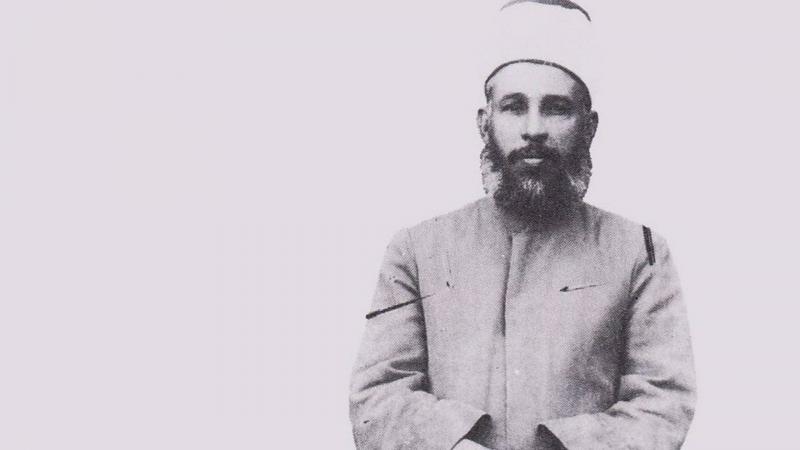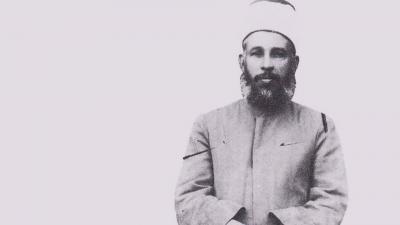The name Izz al-Din al-Qassam is mentioned every time the brigades bearing his name conduct a new operation against the Israeli entity. So, who is al-Qassam, born in Jableh, Syria, more than a hundred years ago?
Muhammad Izz al-Din bin Abd al-Qadir al-Qassam (1883 - 1935), widely known as Izz al-Din al-Qassam, was a Muslim scholar, preacher, fighter, and leader. He was born in the town of Jableh in Lattakia in 1883, raised in a religious family recognized for its interest in Islamic sciences. He moved to Al-Azhar University in Cairo in 1896 at the age of fourteen and graduated in 1906. He returned to his hometown Jableh, where he worked as a teacher and preacher in the Ibrahim ibn Adham Mosque.
#### Resistance to France
The French occupied the Syrian coast at the end of World War I in 1918, prompting al-Qassam to rise up with a group of his students and followers. He was pursued by the French, leading him to Damascus during the Faisal period, but he left it after the French takeover in 1920 and settled in Haifa, Palestine. There, he assumed the role of Imam and preacher at the Independence Mosque and headed the Muslim Youth Association.
#### Al-Qassam League
In Haifa, al-Qassam managed to form a secret group known as the Al-Qassam League. In 1935, British authorities intensified their surveillance of al-Qassam's movements in Haifa, prompting him to relocate to the countryside where the locals knew him since he had previously served as a legal official and preacher travelling through villages inciting resistance against the British mandate. He settled in the Jenin district to commence his armed operations from there.
However, British forces uncovered al-Qassam's whereabouts, and he, along with some of his followers, took refuge in the village of Nazlat Sheikh Zaid. British troops pursued them, besieged them, and cut off communication to neighboring villages, demanding their surrender. Al-Qassam refused and engaged in a skirmish with the troops, killing fifteen soldiers. An unequal battle ensued for six hours, ending with al-Qassam and three of his companions becoming martyrs, while others were wounded and captured.
Al-Qassam's martyrdom significantly impacted the outbreak of the Great Palestinian Revolt in 1936, marking a major turning point in the trajectory of the Palestinian national movement thereafter.




